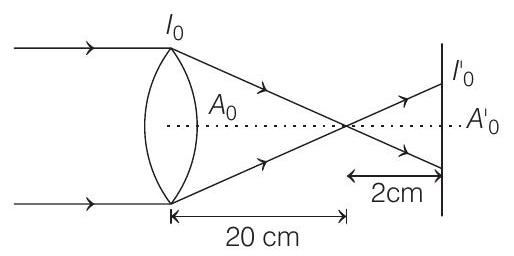Optics 7 Question 19
19. Sunlight of intensity
(2018 Adv.)
Passage Based Questions
Passage 1
Most materials have the refractive index,
In normal materials, both
(2012)
Show Answer
Solution:







